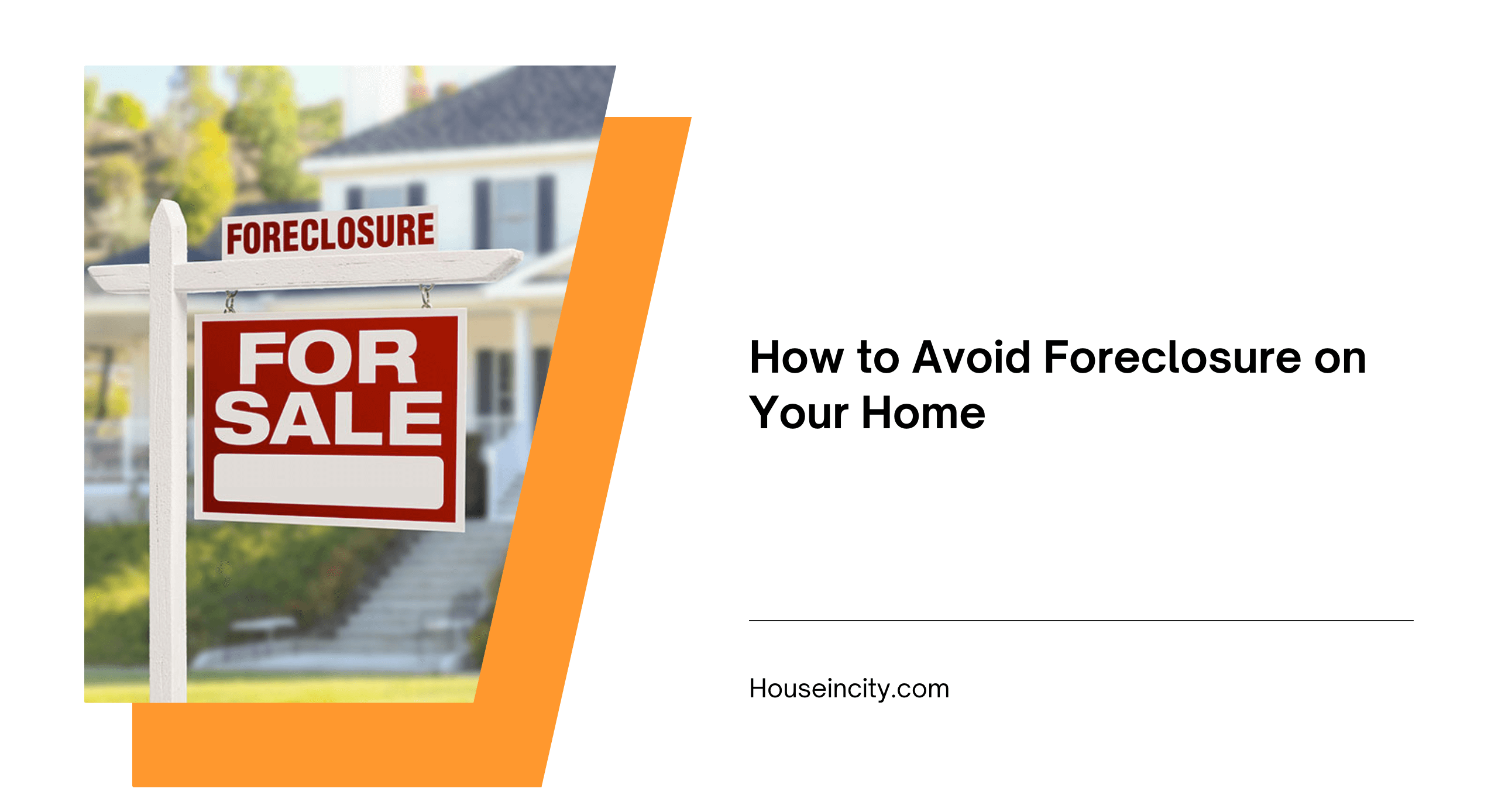A home provides financial as well as psychological sucurity to the homeowner’s family. A lot of memories are attatched to it. Losing a home to foreclosure can be a devastating experience and such a situation must be avoided as far as possible. Disasters like a major illness or injury needing protracted hospitalization, losing a job, divorce, a major financoial loss or some such unexpected challenge can befall anyone. Such circumstances may force a homeowner to default on mortgage payments.
Over time a as the value of the property increases the homeowner’s equity in the house also increases substantially allowing them to get refinance loans. This is sometimes done to payoff costly credit card debt. So long as this is not done frequently, the built up equity acts as a sort of financial security for the homeowner. However, many homeowners misuse this refinancing facility and constant refinancing puts them in a situation, where they are left with no equity when they need it most. If and when they face foreclosure they have nothing to fall back on.
Whatever may be the circumstances, people who are facing financial difficulties usually also have other payments like credit card payments, car payments, second mortgage or HELOC, utility bills, tuition, property insurance, medical bills, interest rate changes, etc. In the face of financial difficulties mortgage payments usually take the back seat. This is a major mistake because unlike the other payments, motgage defaults can lead to losing your home altogather. Rather, at the first sign of financial problems, you should start by making a budget. It will give you an overview of your finances and indicate any money leaks that can be plugged. Find out where you can economise to ease your financial situation
In the worst situation it is more risky to default on mortgage payments in comparision to other payments. Find out what payments can be temporarily deferred. It is best to contact the lender and tell them about the problems that you anticipate. Lenders are in the business of helping people buy homes and not selling real estate. Selling foreclosed homes is not an easy job as it entails a lot of expenditure and the property may have to be sold much below its market price. Lenders will want to avoid foreclosure as much as you do. If you don’t want to contact the lender first you can consult with some legitimate crdit counselling services, those that are associated with National Foundation for Credit Counseling or the Association of Independent Consumer Credit Counseling Agencies. Alternately you can contact a housing counselling agency approved by the Housing and Urban Development Department (HUD) by calling (800) 569-4287.
Although mortgage agreements typically authorize lenders to start foreclosure proceedings after the first default, they mostly send a notice after the second default. However the lender may report the default to credit rating agencies. To avoid this you should contact the lender if you anticipate a default or delay. Most lenders will work with you to get you back on track. Don’t ignore a lenders letters or phone calls and never assume that the situation is hopeless untill you have contacted your lender. Some of the adjustments that the lender may make to help you avoid foreclosure are discussed below.
When you are behind in your payments but can assure the lender that you will bring your payments current, the lender may agree to reinstate your mortgage. This is known as Reinstatement. The lender may allow delayed payments for a short period with the understanding that you will make regular payments after that. This is known as Forebearance. Both reinstatement and forebearance may be combined. If you have equity in your home, then you may be allowed to get a refinance on the home at better terms. But unless you problem is a temporary one this will just delay the foreclosure.
The lender may agree to modify the terms of the loan by extending the loan period and reducing the monthly payments to an affordable level. If you are not in a position to pay at all, the lender may allow you to sell the property in a quick sale, even though it may be less than what you owe, and pay off the loan. You can start all over again. This will help you to avoid ‘foreclosure’ from being recorded in your credit andt your credit score will not be affected.
You may also qualify for an interest free loan to bring your loan current, if it is insured with the Federal Housing Administration. If you have been a victim of predatory lending and your credit score has been hit you may be eligible for a national loan offer from CRIAA. Many government and non government agencies have been formed in different states to help people who are facing foreclosure. Find out about such agencies in your area and seek their help. You should not give up without trying out the many options available to you to avaoid foreclosure, because in most cases it can actually be avoided.
